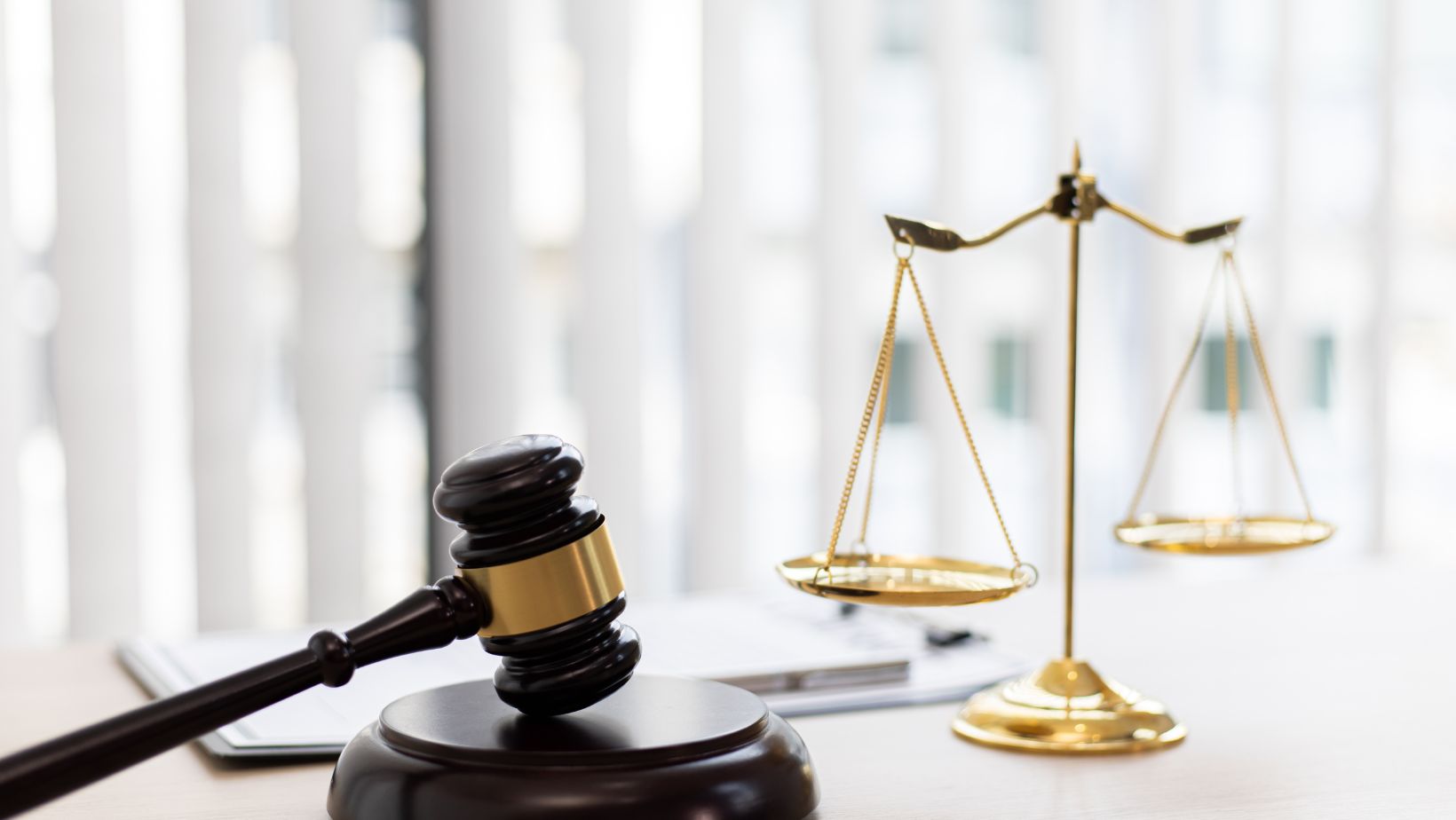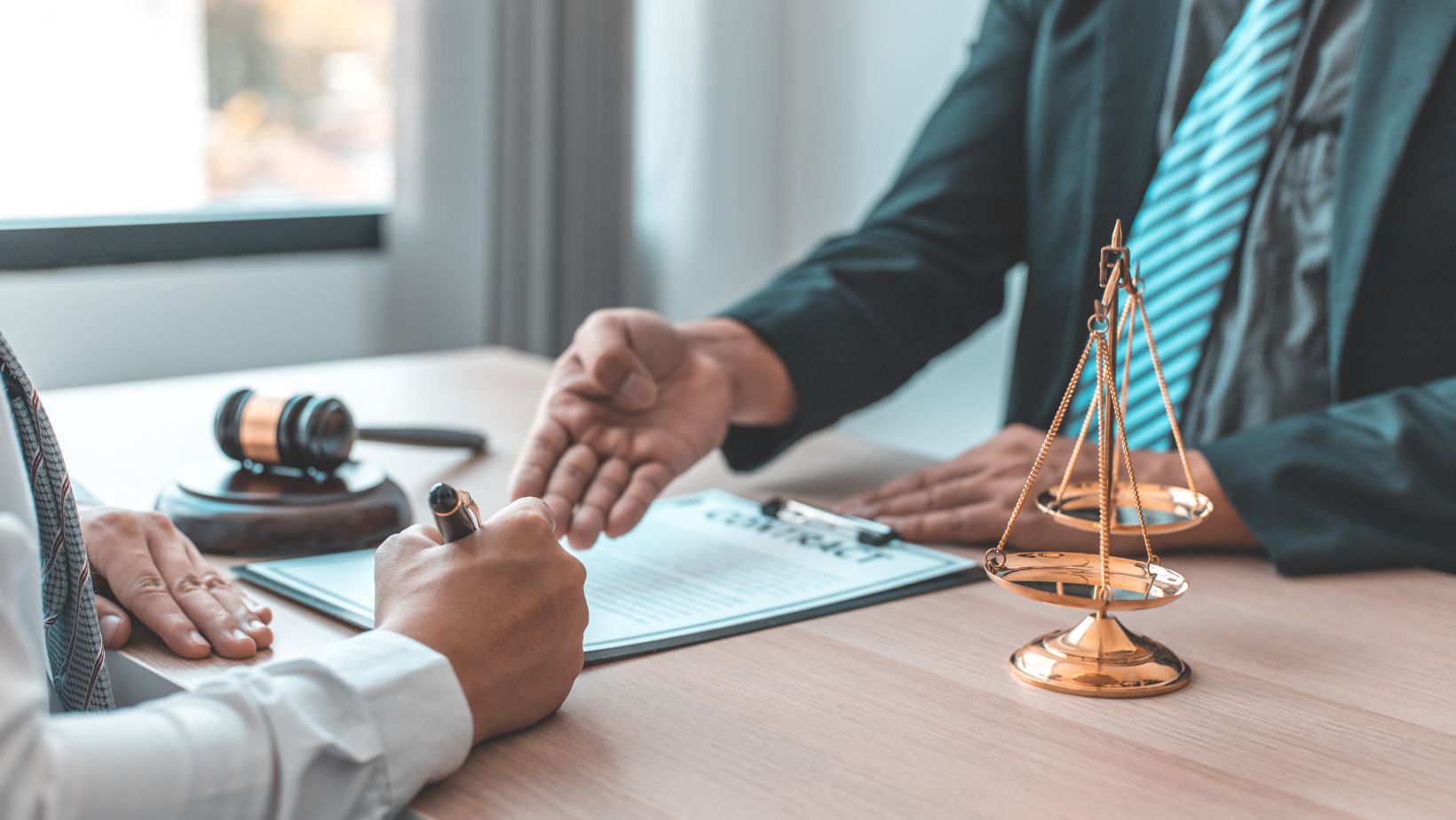The presence of online media redefined the entertainment sector, expanding its reach to a broader audience. The creative world will never fade from music, literature, animations, photographs, game software, and artwork. However, with great work comes a greater responsibility.
Copyright infringement is the biggest threat and concern for any creator. The digital age also makes it easier for users to copy someone else’s work with just a few taps. Using and distributing an original creator’s work without permission violates their rights. It doesn’t just affect their revenue but is also a form of disrespect for the actual owner.
Thus, intellectual property laws are integral in the entertainment industry to protect a creator’s due credits.
What is Copyright For Entertainment Media?
Copyright is an intellectual property protection that gives legal rights to the original inventor of created material. According to the United States Patent and Trademark Office, copyright registration for creative work specifies a public ownership record.
Simply put, it’s a protection stamp for a creator’s invention. Copyright trademark restricts unlicensed or uncredited usage of their work, including sketches, poems, novels, movie scripts, and game designs.
For example, the movie producer gets the copyright ownership of a film. Similarly, a publisher is a legal owner of a new game edition.
Thus, the exclusive ownership of your original work will become stronger when you legally register a copyright. It’s now on the owner whether they want others to reuse it. That said, someone else can use copyrighted material only after permission from the owners.
Remember, copyright protection is available only for the work’s documented format, not for ideas or intangible works.
An individual creator receives a single authorship and copyright for their work. On the other hand, when two or more creators work on the same project, they get joint authorship for their creative material.
Joint authorship grants all creators equal rights to modify, distribute, and share profits on the collaborative work. Moreover, people should get permission from copyright holders to use their work.
The Impact of Piracy on The Entertainment Industry
Piracy makes it difficult for creators to monetize their work by giving free access to copyrighted material, leading to a lack of revenue. The growing losses can limit investment in new content creation.
A study shows piracy websites had 229.4 billion visits in 2023. These staggering numbers indicate piracy is a serious problem in the entertainment industry.
Moreover, copyright infringement influences the movie industry, including production studios, actors, filmmakers, and music artists. The above report also states that the trend is similar and worrying even in the manga comic segment.
TV networks and streaming services are also affected by online piracy. The availability of pirated content makes it difficult for service providers to maintain subscription prices, as the audience will not be willing to consume paid content.
Above all, copyright infringement sabotages the original creator’s creative value and effort.
How Can Online Creators Protect Their Digital Content?
Protecting digital content is also vital for influencers. Tech advancements have made copyright infringement easy, but the solution is digital tools.
There are many ways to avoid piracy issues, track distribution, and prove ownership online. Creators can add watermarks or embed metadata on images and videos to reduce the risk of infringement.
Further, advanced algorithm-based tools can scan the internet and alert creators about potential infringements. For example, YouTube uses Content ID to track videos against a database of copyrighted content. With this tool, YouTube creators can block or monetize the use of their copyrighted content.
Influencers can even opt for online services to take quick action against unauthorized access to their content.
There’s also a Digital Rights Management (DRM) system to protect content ownership on the internet. It allows online game publishers or authors to control what paid subscribers can do with their works. So, no more need to think, can you play online poker in the US without infringement? The online operators can publish these games only after a paid partnership, as poker game developers hold full ownership rights.
Benefits of Intellectual Property Laws for Original Creators
Copyright protection is of utmost significance for the creator economy for several reasons.
- First, creators are protected against infringement through copyright protection, as nobody can reproduce a copyrighted work.
- The exclusive rights allow creators to control how their work is used.
- With copyright ownership, only creators have the authority to publish, print, alter, reproduce, sell, or earn from their work.
- Copyright ownership also provides a steady revenue source to creators through royalties, licensing agreements, and selling rights.
- Getting a copyright license helps build identity, brand, and reputation for the owners.
- Original owners can transfer rights to heirs and beneficiaries under intellectual property laws.
FAQs
1. What is Intellectual Property (IP) theft?
IP theft is an unlawful activity when someone uses a copyrighted creative work, invention, or patent without permission from an actual individual or a company. This unauthorized access can significantly impact the entertainment industry.
2. How to report for copyright infringement?
If someone steals or publishes your original content without consent, you can submit the infringement report on the official DMCA site.
3. How can I protect my creations?
A copyright license, trademark, or patent will give you a legal right and protection for your creative work.
Final Words
Piracy remains a real challenge throughout the entertainment industry. Copyright protection is the ultimate solution to avoid illegal and unauthorized access to content. This proactive approach can turn the tide against piracy. A clear record of ownership will help safeguard your creative work while allowing you to take prompt legal action during infringement.

























